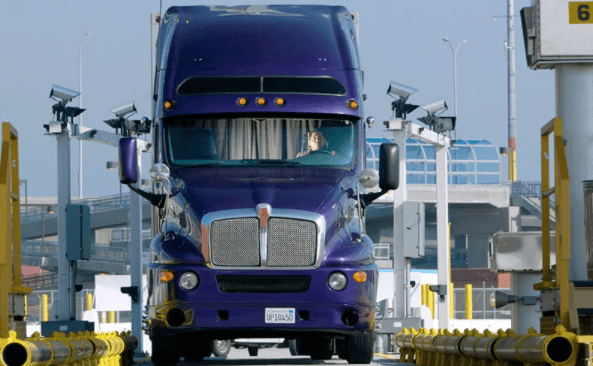Maersk reported that in response to rising US imports and the resulting intermodal equipment flow imbalances, all members of the logistics industry have been challenged to find solutions.
According to Maersk, global trade patterns often result in limited availability of empty containers in the United States, which has a historic equipment imbalance of more imports than exports.
This has been especially acute with the surge in demand for imports from the United States during the Covid-19 environment due to changes in consumer spending patterns.
Maersk said it is working with the president and commissioners of the FMC, the Agriculture Transportation Coalition (AgTC), trucking associations such as the HTA on the West Coast of the United States and the Association of Two-State Motor Carriers on the East Coast of the United States. to find new and better ways to serve your needs.
“As a global integrator of container logistics, we are confident that we can find workable solutions that alleviate pain points in the supply chain,” said Soren Skou, CEO of Maersk.
The shipping company has met virtually with AgTC, a Washington, DC-based trade group whose membership plays an important role in managing the interests of agricultural exporters and US transportation policy.
Maersk’s North America Trade Director Franck DeDenis recently gave a broadcast presentation to AgTC members during their virtual mid-year meeting on December 8.
Maersk
Additionally, FMC President Michael Khouri has discussed the particular challenges facing the American export community with Skou, and Maersk remains committed to taking whatever action it can to improve conditions for all participants in the supply chain.
“We are working closely with the Agricultural Transportation Coalition and local trucking associations to address your concerns about equipment availability and stop and delay issues, with more intensive meetings planned in the coming months.
“These challenges require all participants to work together and we look forward to continuing our role in providing much-needed solutions to current problems.
“Rebecca Dye, FMC Commissioner, has the industry knowledge, relationships and credibility to sponsor the industry’s necessary solutions and we appreciate her leadership on this matter,” said Narin Phol, Regional Managing Director, Maersk North America .
Also increasing import cargoes has caused challenges for local truckers in major ports like Los Angeles / Long Beach.
The shipping company is in daily contact with Weston LaBar, president of the Long Beach, California-based Harbor Trucking Association (HTA).
Logistics
APM Terminals Pier 400 Los Angeles is the largest private container terminal in the Port of Los Angeles / Long Beach and in North America.
As such, it plays a critical role in the daily flow of cargo with the trucking community.
The terminal focuses on dual transactions, allowing a trucker to return an empty container and pick up an imported container for local delivery on the same trip.
About 65% of Pier 400 gate transactions are dual transactions, and the goal is to increase this, enabling more productive trips for port truckers.
Pier 400 has also offered night gates, Fridays and Saturdays, depending on the needs of the customer and the trucker during peak season.
The shipping company operates in the 2M Alliance, considered the easiest ocean carrier alliance to work with truckers (as the alliance consists of only two ocean carriers, Maersk and MSC, each operating out of a single container terminal in the complex LA-Long Beach).
This allows truckers to efficiently collect and return containers to two facilities located in close proximity to each other.
![]()

